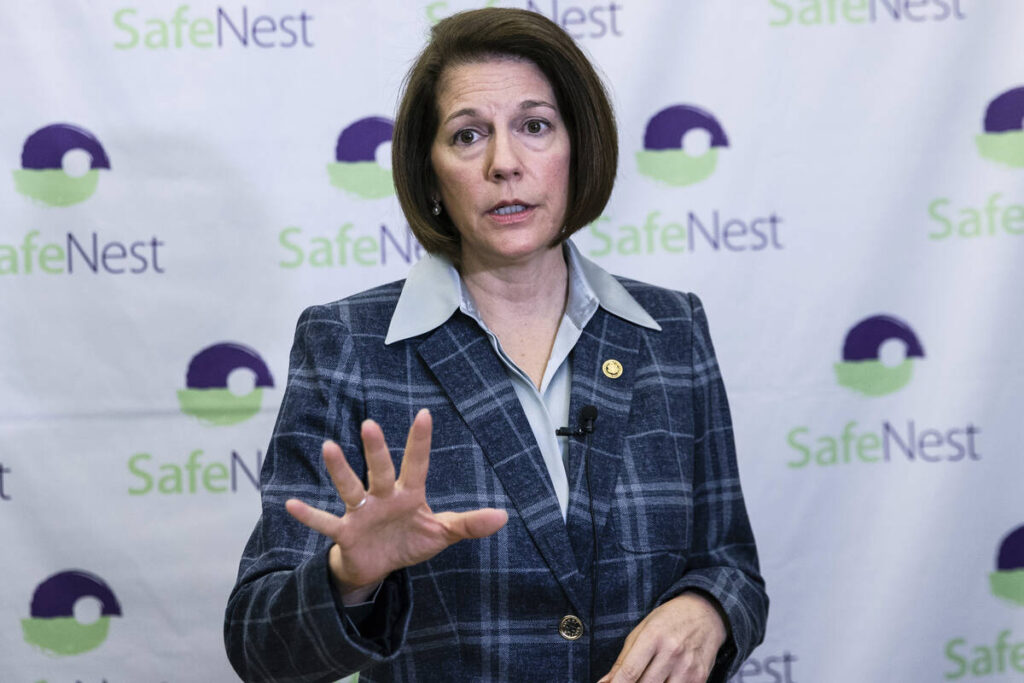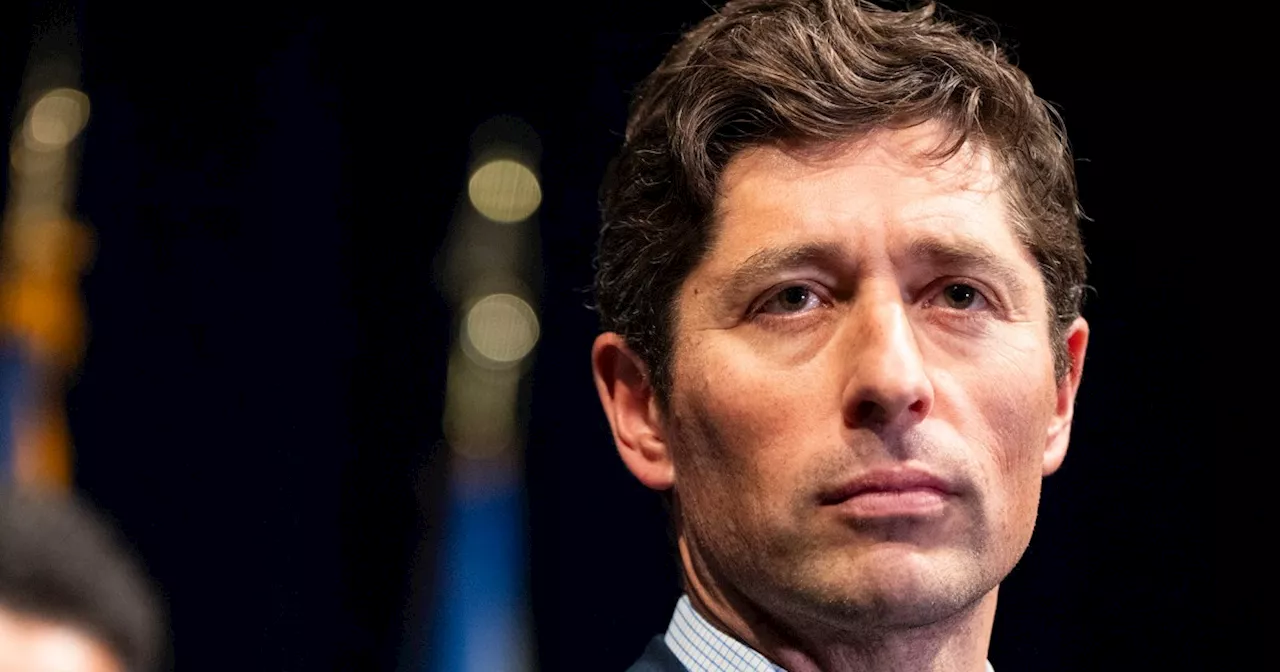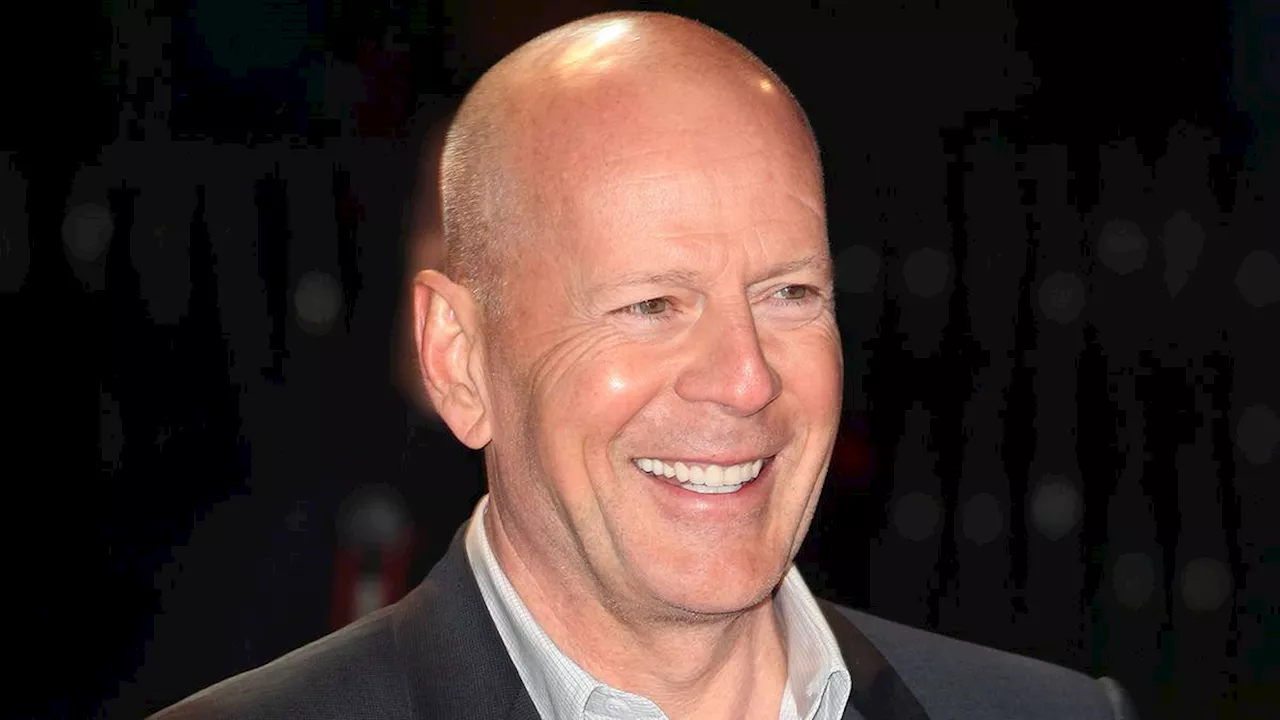
Senator Catherine Cortez Masto recently expressed her concerns regarding the role of the National Guard, stating it should prioritize national security and emergency responses rather than supporting what she termed as President Donald Trump’s “indiscriminate mass deportations.” Her remarks come amid ongoing debates about immigration policies and their impact on families in Nevada.
Cortez Masto’s comments were reported by the Review-Journal, where she emphasized the adverse effects of aggressive deportation strategies on hardworking families. She argued that the National Guard’s involvement in immigration enforcement detracts from its essential responsibilities. The senator’s position reflects a broader concern among some Democratic lawmakers regarding the handling of immigration under the current administration.
Critics of the Biden administration point to the significant number of illegal crossings at the southern border, which they estimate at over 3 million during Biden’s tenure. They argue that if more proactive measures had been implemented to control the border situation, figures like those could have been reduced, potentially alleviating the pressure on state resources and local communities.
Opponents of Cortez Masto’s stance, including Governor Joe Lombardo, have voiced their frustrations, indicating that the current administration’s policies have contributed to the immigration crisis. They argue that the National Guard could provide vital support in managing the situation, particularly in border states where resources are strained.
The debate surrounding the National Guard’s involvement in immigration enforcement is not new. It has emerged as a contentious issue, particularly as states grapple with the implications of federal immigration policies. Some state leaders believe that deploying the National Guard could help address immediate challenges posed by increased migration flows.
Cortez Masto’s remarks highlight a fundamental divide within political circles regarding the best approach to immigration reform and border security. As discussions continue, the potential for collaboration or conflict between state and federal authorities remains uncertain.
The impact of these policies is felt keenly by local communities, where families face uncertainty due to the fluctuating nature of immigration enforcement. With the next elections approaching, how candidates position themselves on immigration may play a crucial role in shaping their political futures.
This ongoing dialogue reflects broader national concerns about immigration and the responsibilities of various levels of government. As the situation develops, it will be essential to monitor responses from both political leaders and the communities affected by these policies.






